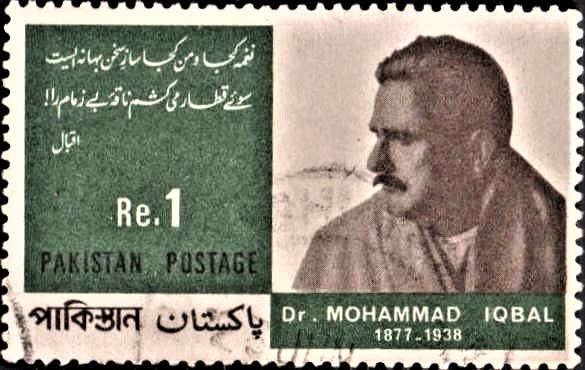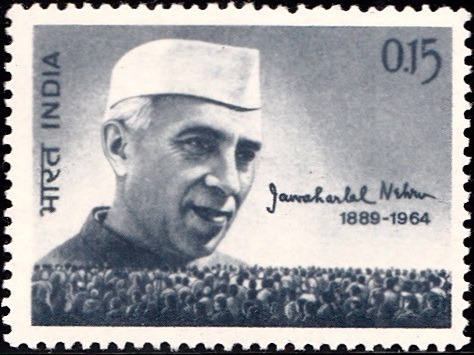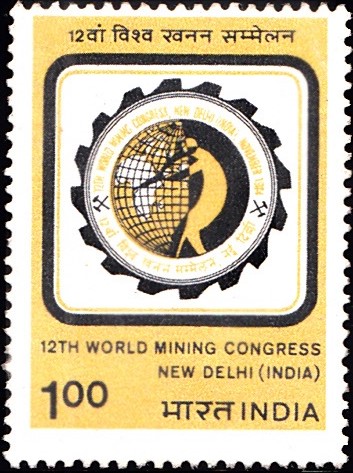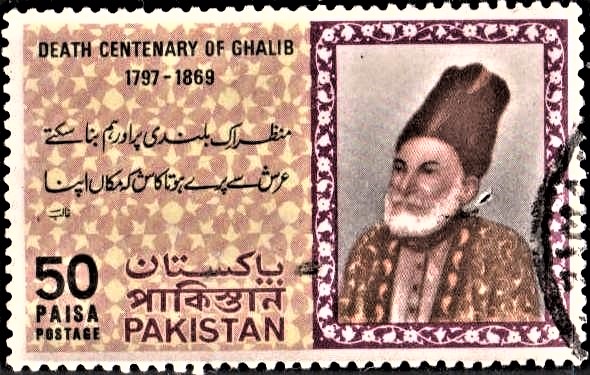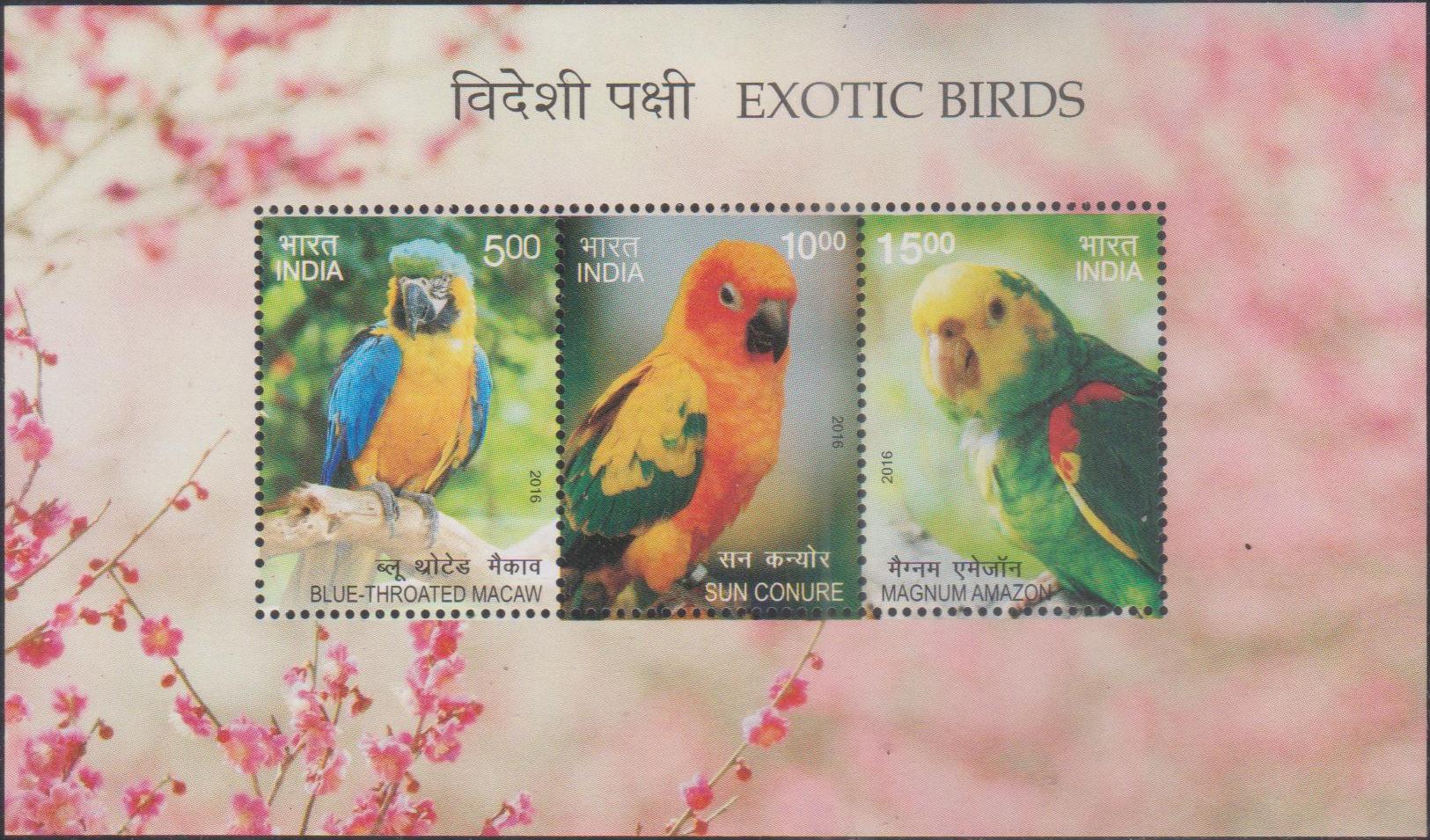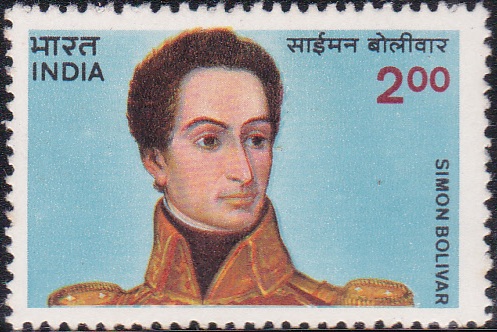
India on Simon Bolivar
A commemorative postage stamp on the Birth Bicentenary of ‘El Libertador‘ Simon Bolivar, 6th President of Peru (1824-27), 1st President of Bolivia (1825), 1st President of Gran Colombia (1819-30), President of Third Republic of Venezuela (1817-19) and Second Republic of Venezuela (1813-14) :
Issued on Jul 24, 1983
Issued for : Indian Posts & Telegraphs Department is happy to issue a commemorative stamp on the occasion of his bi-centenary celebrations.
Description of Designs : The stamp, designed by India Security Press, Nasik is based on the painting of the personality obtained through the courtesy of the Embassy of Venezuela, New Delhi. The first day cover has also been designed by India Security Press. Cancellation has been designed by Charanjit Lal.
Type : Stamp, Mint Condition
Colour : Multicolour
Denomination : 200 Paisa
Overall size : 4.06 x 2.73 cms.
Printing size : 3.71 x 2.38 cms.
Perforation : 13 x 13
Paper : Unwatermarked adhesive stamp paper
Number printed : 15,00,000
Number per issue sheet : 40
Printing Process : Photogravure
Printers : India Security Press
Name : Simón José Antonio de la Santísima Trinidad Bolívar y Palacios Ponte y Blanco
Born on Jul 24, 1783 at Caracas, Venezuela
Died on Dec 17, 1830 at Santa Marta, Colombia
About :
- Simon Bolivar, son of rich and noble parents, was born in Caracas on 24th July, 1783. When he was just two and a half years old, he lost his father, Juan Vicente Bolivar. His education was entrusted to the best masters and tutors. The most influential of his teachers, however, was Simon Rodriguez, for it was he who awakened in the young Bolivar intellectual and political curiosity, encouraging personal independence in the man who was later to free a whole continent. In his formative years, Bolivar travelled to Spain, France and other European countries where he pursued military studies, mathematics, languages, political philosophy and other subjects of a varied education. He was married in 1802 but his wife died the following year.
- During his three different travels to Europe, Simon Bolivar imbibed the liberal ideas and acquired a moderate relativism. It was during his visit to Monte Sacro in Rome, in 1803, that the young visionary vowed to free his country. On his third trip to Europe in 1810, he went as a diplomat to Great Britain as the head of the first important Venezuelan mission. Following his admiration for the principles of human dignity and democratic traditions of Europe, Bolivar sought the help of England for the revolutionary government in Caracas.
- Known for the virtues of moral integrity, objectivity, uprightness and sense of justice, Bolivar was a practical and dynamic leader with an iron will and great sagacity. The concept of love for liberty formed part of Bolivar‘s rigorous and coherent ideology. For him, liberty was ‘the right for every man to do anything not forbidden by law – the only goal worthy of sacrifice of human life‘.
- Bolivar returned from Europe along with another great Venezuelan patriot, Francisco de Miranda, to fight in the War of Independence. Bolivar took part in more than two hundred battles in Venezuela, Colombia, Ecuador, Peru and Bolivia, against the Spanish forces. The Battle of Carabobo set the seal of Venezuela‘s independence from Spain on July 5, 1821 and subsequently liberating Colombia, Ecuador, Peru and Bolivia – the last of which is named after Bolivar. He is thus rightly called ‘The Liberator‘. His generosity and magnanimity made him sacrifice all his family’s wealth and possessions in the independence campaigns. He died a poor man on 17th December 1830.
- (Text by courtesy : Ministry of External Affairs).


